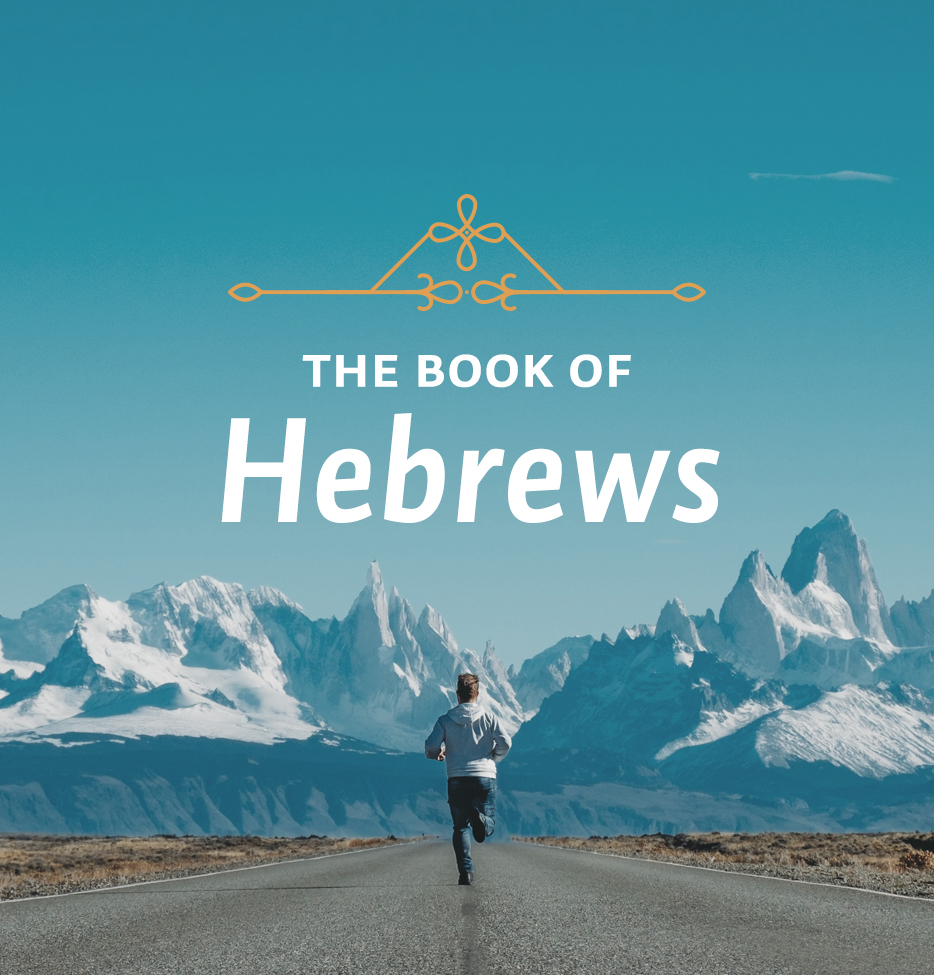Theme: A Shoot from the Stump of Jesse
In this week’s Christmas lessons, we look at five Old Testament prophecies and see what details they reveal about the Messiah’s birth.
Scripture: Hebrews 10:7
We are used to getting birth announcements. They usually come on little white cards, sometimes with a picture of a stork on them, often with a little pink or blue bow attached, and other very nice little things. Well, there are many birth announcements of the coming of Christ, but there are two interesting things about them. First of all, the birth announcements that concern Jesus Christ were made hundreds of years before he was born. Secondly, they don’t merely announce his birth; they provide details concerning his life, his ancestry, the nature of his person, his place of birth and actually the time in which he was going to come into the world. Now, there has never been a child that has had birth announcements like that.
We get all kinds of birth announcements but they always come afterwards, and those birth announcements never tell us what that child is going to be. Certainly the parents hope the child is going to grow up to be a model of integrity, for example, and they might have other aspirations for their son or daughter. But they don’t know any of these things, and they can’t foretell it because only God can foretell the future.
Now, when we think about the birth announcements of Jesus Christ, we find that we do have a prophecy of the future, a prophecy that was fulfilled in many minute details in Christ’s birth and of course eventually in his life, his crucifixion and his resurrection. All these are evidence of the fact that it is God who made the announcements and not only that, but God also controlled all of the details of the birth, life and ministry of Jesus Christ.
That brings us to our text, which is Hebrews 10:7: “Then I said, ‘Here I am—it is written about me in the scroll—I have come to do your will, O God.’” What I want to do is look at some of those things that are written in the scroll, that is, the scroll of the Old Testament, and see what they tell about the coming of Christ. Now, there are many of those Old Testament texts, but I want to look at five of them—three of them from Isaiah, probably among the best known of all the Old Testament prophecies of the coming of Christ; and then a text from Micah that we know very well; and then finally a passage from the book of Daniel.
We begin with Isaiah 11:1-3a: “A shoot will come up from the stump of Jesse; from his roots a Branch will bear fruit. The Spirit of the LORD will rest on him—the Spirit of wisdom and of understanding, the Spirit of counsel and of power, the Spirit of knowledge and of the fear of the LORD—and he will delight in the fear of the LORD.” That of course is a messianic prophecy. The Hebrew word that gives us our English word messiah refers to the anointed one, and the word Christ, coming from the Greek word christos, also means anointed. So here in Isaiah 11 we have a prophecy of the Anointed One of God, the Messiah who is going to come.
The important thing about this teaching is that it tells us that the Messiah is going to be born in Jesse’s line. Who is Jesse? Jesse was David’s father, and David was the great king of Judah, and later all of Israel, who received the promise of a king who would reign upon his throne for ever and ever. So this is saying that from the line of David going back to Jesse, the Messiah is going to come. This Anointed One is going to have the Holy Spirit, giving him the wisdom, understanding, counsel, power, knowledge and the fear of the Lord—all of the things that you would want to have in a great king.
An interesting thing about this is that when David received the prophecy himself, recorded in II Samuel 7, and then when Isaiah repeats it here in chapter 11, there was a king on the throne of David, David himself. God promised that David’s son would sit on the throne after him. This Davidic line of kingship continued even to the time of Isaiah. But when Jerusalem fell to the Babylonians in 586 BC, that line ceased to reign on the throne.
The line continued of course, as David’s descendants traced their ancestry back through David and all the way down to the tribe of Judah. Joseph and Mary were both from that line, but by their time there were no more Davidic kings upon the throne. For a long time, the country was occupied by other forces, and it remained this way at the time of the birth of Jesus Christ. In the time of Christ Israel was occupied by the Romans. There was no Davidic king.
What about King Herod? Well it is true that Herod was referred to as a king, but he wasn’t a Jew. He was an Idumean, and the Jews looked down on him because he was a foreigner. So even though no Jewish king had sat upon the throne of David since 586 BC, nevertheless, here is a prophecy of a king who is going to do exactly that, and not only that, but he is going to reign upon that throne for ever and ever.
Study Questions:
What is the meaning of the words “messiah” and “Christ”?
When did Israel cease to have a Davidic king on the throne?
Who is the Branch of Isaiah 11, and how would he “bear fruit”?






